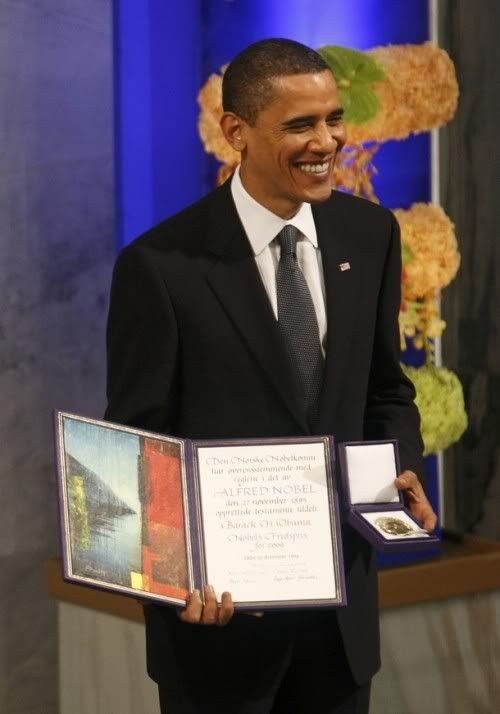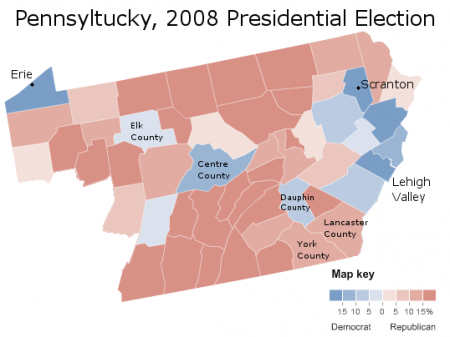Cross posted from Worldwatch Institute’s Nourishing the Planet
By Alex Tung
This interview with Shenggen Fan, Director General of the International Food Policy Research Institute (IFPRI) is part of a regular interview series with agriculture and food security experts.
Name: Shenggen Fan
Affiliation : Director General, International Food Policy Research Institute (IFPRI)
Location : Washington, DC

Bio: Shenggen Fan is Director General of the International Food Policy Research Institute (IFPRI). He has over 20 years of experience in the field of Agricultural Economics. He is currently an Executive Committee member of the International Association of Agricultural Economists. He has worked in academic and independent research institutions, including Department of Agricultural Economics and Rural Sociology at the University of Arkansas and the National Agricultural Research in the Netherlands. Fan received his Ph.D. in applied economics from the University of Minnesota and his bachelor’s and master’s degrees from Nanjing Agricultural University in China.
Fan’s work in pro-poor development strategies in developing countries in Africa, Asia, and the Middle East has helped identify how to effectively allocate public spending in reducing poverty and generating agricultural growth.
About “Halving Hunger:”
Currently, 16 percent of the world is undernourished. In his recently published report, Halving Hunger: Meeting the First Millennium Development Goal through “Business as Unusual”, Fan voiced his concern that efforts to meet the first Millennium Development Goal (MDG) of halving the proportion of undernourished people by 2015 are “moving in the wrong direction.” Taking projected population growth into account, the number of undernourished needs to fall by an average of 73 million per year in the next five years. Continuing to conduct “business as usual” will clearly not suffice in meeting this goal. As such, Fan outlined five innovative approaches to go about “business as unusual:”
- Investing in two core pillars: Agriculture and social protection
- Bring in new players
- Adopt a country-led and bottom-up approach
- Design policies using evidence and experiments
- “Walk the Walk”
According to Fan, these “unusual” approaches are already showing success. The next step is to apply them on a larger scale in new locations to have a real impact on reducing global hunger.
In your report, you called for countries to “Walk the walk.” What are key factors hindering countries’ progress in fulfilling their commitments? What could be done to encourage them to do so?
Failure to summon political will and resources is one of the key factors that hinders countries from fulfilling their commitments. To ensure the commitment of policymakers, the general media and popular communication sources should provide the public with evidence-based information and knowledge. In addition, strong institutions and governance should be promoted to support the implementation of commitments both by governments and donors. To add accountability and keep progress on track, timely and transparent monitoring of implementation is required.
Regarding “new players in the global food system” or emerging donors – What are essential elements of a fair, “mutually beneficial” relationship? Is there any danger of partnership become exploitation, and where do you draw the line? What measures can be taken to ensure foreign investment generate real results that benefit the local community?
A mutually beneficial relationship between emerging donors and recipient countries needs to enhance long-term benefits and minimize any potential harm, particularly to vulnerable groups. The essential elements of such a relationship include: fair competition with local enterprises; strong linkages of investments with domestic markets; engagement of the local workforce; and the adoption of higher environmental and labor standards.
Many emerging donors, such as China, place the bulk of their investment in areas like infrastructure or construction. Considering the goal of eradicating hunger, do you believe aid should continue in this direction? How can emerging donors synchronize their work with providers of more traditional or “mainstream” development aid?
Indeed, emerging donors need to diversify their investments into other areas such as agriculture and rural areas to have an impact on decreasing hunger. Emerging donors should increase transparency and cooperation in aid delivery. Through dialogue with traditional donors, common standards in the aid system should be set. This will help to avoid duplication and create synergies with other donors.
These emerging donors should also ensure that their trade with and investments in developing countries will benefit other developing countries and bring win-win opportunities.
Many of the hungry are located in countries with unstable political environment, where a country-led approach may be difficult to achieve. What is the best course of action for those providing aid to these countries?
Fan: While humanitarian aid is important for countries with unstable political environment, aid for long-term country-led development is also needed. Aid donors should support the building up of country capacity for setting investment priorities and designing investment plans. Increased investment is needed for domestic institutions such as universities and think tanks that can provide evidence-based research for policymaking and strategy formulation.
In your report, you mentioned the success of “positive deviance” in designing sound policy solutions – why do you think this approach works compared with traditional approaches?
Positive deviance in policy making can be achieved through experimentation. This approach increases the success rate of reforms since only successful pilot projects that have been tried, tested, and adjusted are scaled up.
Finally, let’s talk about IFPRI’s work; What role does IFPRI currently play or plan to play in the future in helping donors (countries, private, multilateral agencies) effectively direct their aid and shaping programmatic response in developing countries to meet MDG1?
IFPRI will continue to provide evidence-based policy research as an international public good which is relevant for decision makers at all levels. Our research on public spending, for example, has been and will be guiding investment priorities and strategy formulation for effective poverty and hunger reduction in developing countries. Through its country support strategy programs which are located countries, IFPRI will also continue to help to build their own capacity to drive their own investment plans and strategies.
Alex Tung is a research intern with the Nourishing the Planet project.
Thank you for reading! As you may already know, Danielle Nierenberg is traveling across sub-Saharan Africa visiting organizations and projects that provide environmentally sustainable solutions to hunger and poverty. She has already traveled to over 19 countries and visited 130 projects highlighting stories of hope and success in the region. She will be in Gabon next, so stay tuned for more writing, photos and video from her travels.
If you enjoy reading this diary, we blog daily on Nourishing the Planet, where you can also sign up for our newsletter to receive weekly blog and travel updates. Please don’t hesitate to comment on our posts, we check them daily and look forward to an ongoing discussion with you.


 Welcome to the Nourishing the Planet project diary on Motley Moose. As world hunger numbers top 1 billion, we are reporting from on the ground in sub-Saharan Africa to both inform global efforts to eradicate hunger and raise the profile of these efforts. Meeting with farmers, farmers groups, NGO’s, journalists, funders, and policy makers, the Nourishing the Planet is assessing the state of agricultural innovations-from cropping methods to irrigation technology to agricultural policy-and highlighting the all too often untold stories of hope and success. To read more, previous Motley Moose entries by Nourishing the Planet can be found
Welcome to the Nourishing the Planet project diary on Motley Moose. As world hunger numbers top 1 billion, we are reporting from on the ground in sub-Saharan Africa to both inform global efforts to eradicate hunger and raise the profile of these efforts. Meeting with farmers, farmers groups, NGO’s, journalists, funders, and policy makers, the Nourishing the Planet is assessing the state of agricultural innovations-from cropping methods to irrigation technology to agricultural policy-and highlighting the all too often untold stories of hope and success. To read more, previous Motley Moose entries by Nourishing the Planet can be found 

